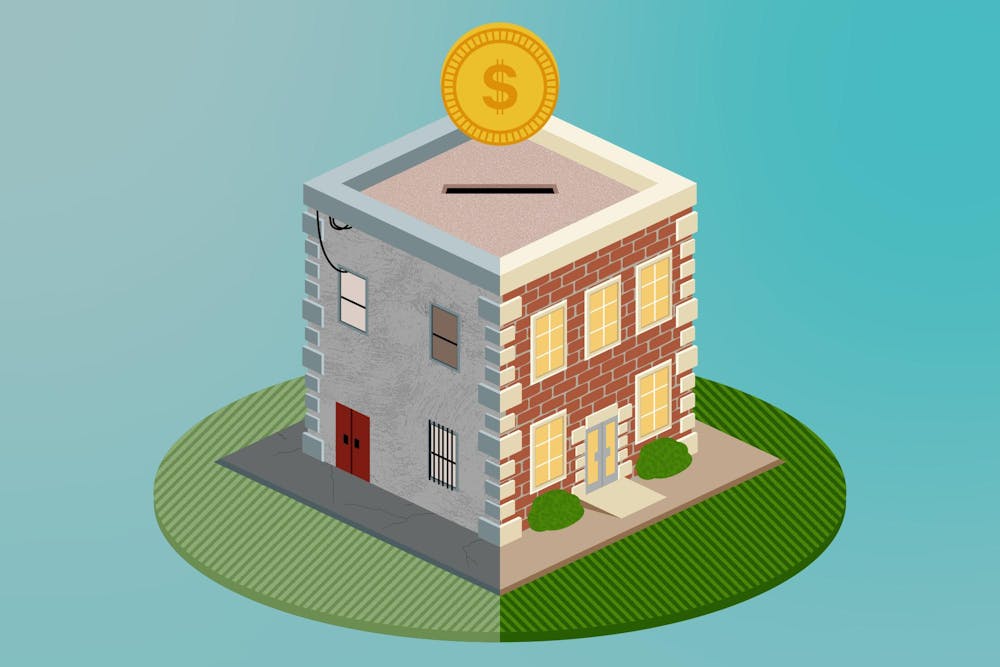For decades, the N.C. General Assembly has debated the amount and uses of funding for North Carolina public schools — and recently, in the face of legal requirements to increase public school funding, Republicans in the N.C. General Assembly have moved to refocus funding measures toward charter and private schools.
Phil Berger (R-Guilford, Rockingham), the N.C. Senate president pro tempore, confirmed late last month that the state legislature expanded private school vouchers in the state budget by cutting down on public school funding — he said the General Assembly's current plan reroutes funds to private schools when students join from public schools.
School vouchers redirect tax dollars allocated for public education to subsidize tuition at private schools. In 2013, North Carolina passed House Bill 269, which implemented two voucher programs in the state — the Opportunity Scholarship program and the Education Student Accounts program for children with disabilities.
Although the Opportunity Scholarship Program was originally created to help low-income public school students afford to attend private schools, starting with the 2024-2025 school year, there are no income-based eligibility requirements.
The lack of an income cap on the program means families earning above the program's maximum income bracket will be able to receive vouchers of $3,360 up to the cost of tuition and fees.
Jeffrey Fuss, the social studies department chair at Enloe Magnet High School — a public high school in Wake County, said giving high-income families state money further exacerbates issues because it takes funding from public schools when the families could have afforded private schools without state funding helping them to do so.
“We’re decreasing public funding for our already struggling public schools to provide arts programs, extracurriculars [and] after school programs for our students, athletics," he said.
Since schools that take vouchers generally do not serve students with higher education-related costs — including students with disabilities or multilingual learners — public school costs will increase, Kris Nordstrom, a senior policy analyst at the North Carolina Justice Center, said. But there is no corresponding funding increase to compensate, he said.
On top of the voucher program, in February 2023, Berger and N.C. House Speaker Tim Moore (R-Cleveland, Rutherford) filed a suit to block funding for the Comprehensive Remedial Plan, also known as the Leandro Plan. The court-ordered funding plan from the long-running Leandro case aims to provide North Carolina students with a sound, basic education.



